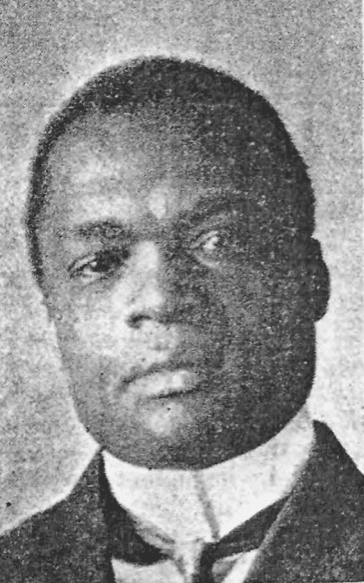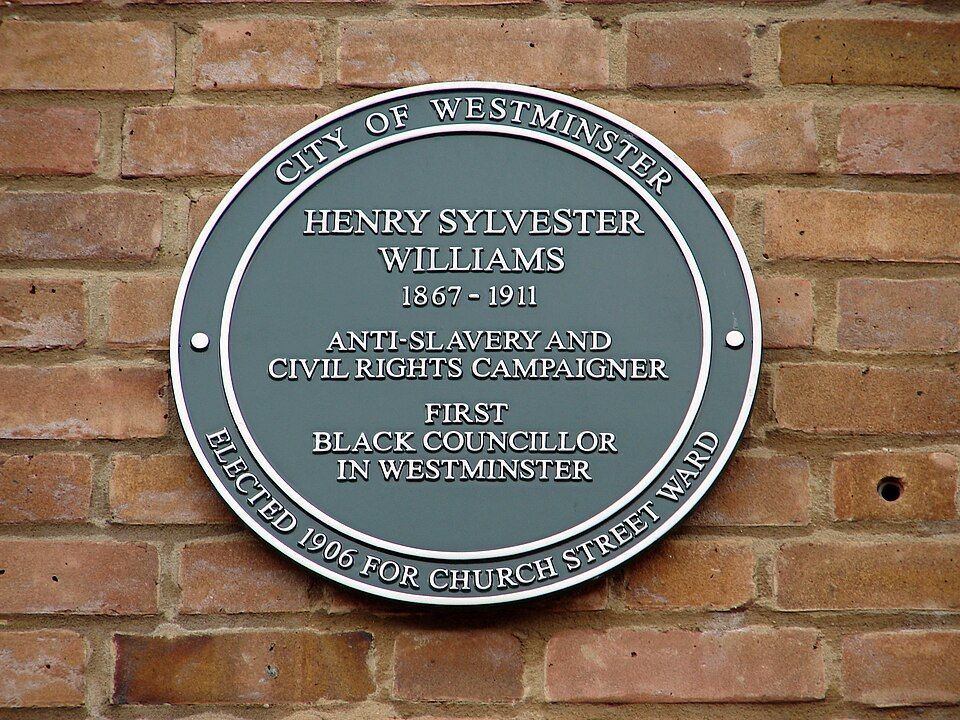33 Days of Henry Sylvester Williams Wisdom: A Guide for Global Kinship and Action
LP
The Legacy of Henry Sylvester Williams
Henry Sylvester Williams was a visionary whose work in the late 19th and early 20th centuries laid the foundation for modern movements toward global kinship and equality. As a Trinidadian lawyer and activist, Williams is best known for his role in organizing the First Pan-African Conference in 1900, a groundbreaking event that brought together people of African descent from across the world. Understanding his contributions can inspire us to embrace a more inclusive and unified approach to global issues today.

Day 1-11: Embracing Cultural Identity
Williams believed deeply in the power of cultural identity and its role in fostering unity among people of African descent. By embracing our roots, we can build a strong sense of community and shared purpose. He advocated for the recognition and celebration of diverse African cultures, understanding that honoring one's heritage is crucial for personal empowerment and societal progress.
In today's interconnected world, we can draw on this wisdom by promoting cultural exchange and understanding. Encouraging dialogues that celebrate diversity allows communities to thrive and work together towards common goals.

Day 12-22: Advocating for Social Justice
Williams was a staunch advocate for social justice, tirelessly working to address the injustices faced by people of African descent. His efforts highlighted the importance of equality, human rights, and the fight against colonialism, setting the stage for future civil rights movements.
Incorporating Williams' vision into contemporary action means standing up against discrimination and inequality wherever it appears. It involves supporting policies and initiatives that address systemic injustices and empower marginalized communities to have a voice in shaping their futures.

Day 23-33: Building Global Networks
The Pan-African Conference organized by Williams was a testament to the power of global networks in advocating for change. By bringing together individuals from different parts of the world, he demonstrated how collective action can amplify efforts and drive meaningful progress.
Today, leveraging global networks involves utilizing technology and communication platforms to connect with like-minded individuals and organizations across borders. This interconnectedness enhances our capacity to share resources, ideas, and strategies for tackling global challenges such as climate change, poverty, and inequality.
In conclusion, the wisdom of Henry Sylvester Williams remains a guiding light for those committed to fostering global kinship and taking action for a more equitable world. By embracing cultural identity, advocating for social justice, and building global networks, we can honor his legacy and continue the quest for unity and progress across the globe.
